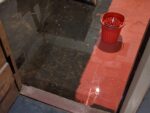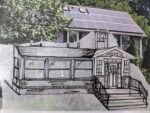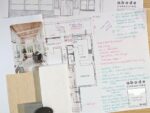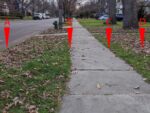BLOG
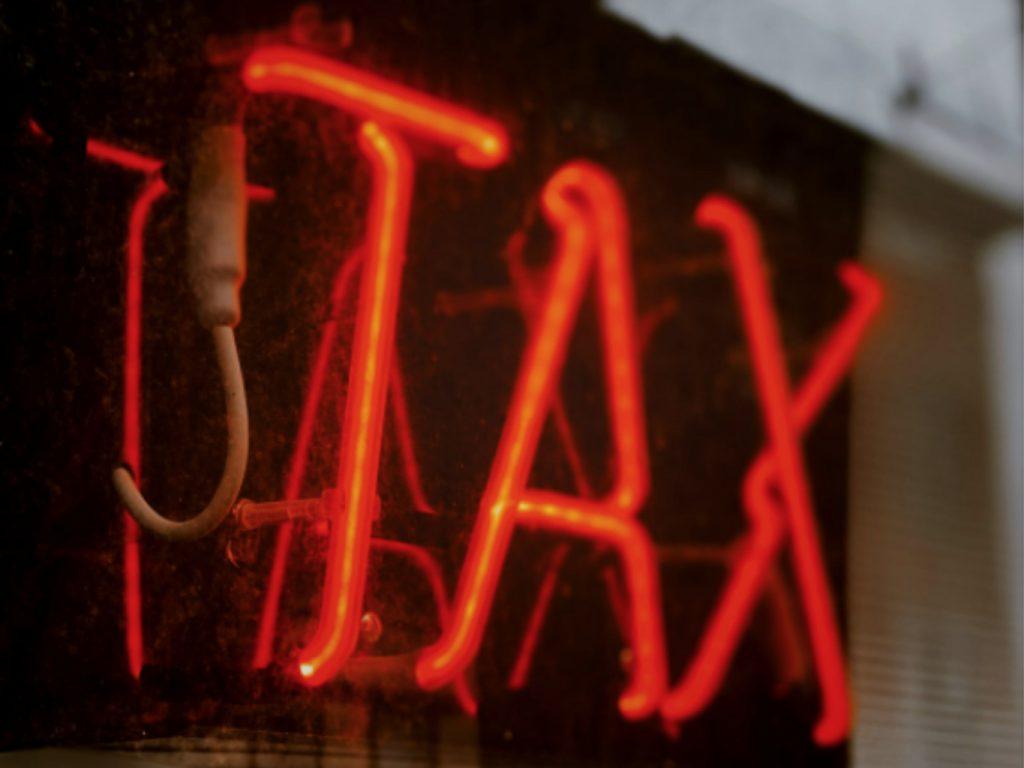
What every homeowner should know: Part 3
August 29, 2020 | Helen Torris
How do home renovation and additions affect your taxes?
To understand this, we first need to understand how property taxes work.
All NJ property taxes fall under the same legislation and all tax assessors must follow the uniform rules in the NJ Tax Assessors handbook - all 744 pages. All 'real' property in NJ is assessed at 100% of its true value, or market value. Each taxing district, like Montclair, must be treated equally. The average effective property tax rate in New Jersey is 2.44%, compared to the national average of 1.08%. Each year the school district, municipality and county create their budgetary requirements. This tax levy is then divided by the total assessed value of all taxable property within the town to determine the general tax rate. The general tax rate is then applied to the assessed value of each property to determine the property owner's tax liability.
What home improvements will affect my taxes?
Essentially, anything that improves the market value of your home and/or requires a building permit. Adding square footage, adding another bathroom, renovating the kitchen, converting the basement or attic into living space or adding a deck will all add value to your home. If you use higher end finishes, this also increases the value - and the tax - on your home. For every improvement that you make, you are effectively reversing the age of your house and therefore increasing the value. If your project involves gutting and renovating a 100 year old house, and all you are keeping are the original foundation and frame construction, your house will be reassessed as though it is 2-10 years old. Contrary to popular belief, the cost of the building work is NOT a factor in this equation.
So can the assessor predict how much my taxes will increase before I do some work?
No. Tax assessment is carried out once a year, on October 1st. If you have a permit that was closed out a few days later, you would miss that assessment, but owe back taxes the next year for the improvement. The factors that affect your property is a continuous, on going, fluid thing. If your property was to become more valuable because you built an addition or did some renovations, and all other properties in town remained unchanged, your tax bill would get bigger. If costs increase to educate our public school kids but all else remains equal, your tax bill gets bigger. If the town cannot count on other revenues keeping pace with inflation but all else remains equal, your tax bill gets bigger. If a local historic property is granted tax exemption, but all else remains equal, your tax bill gets bigger. However, all else rarely remains equal and this is why is it impossible to predict how much one new bathroom is going to affect your taxes.


